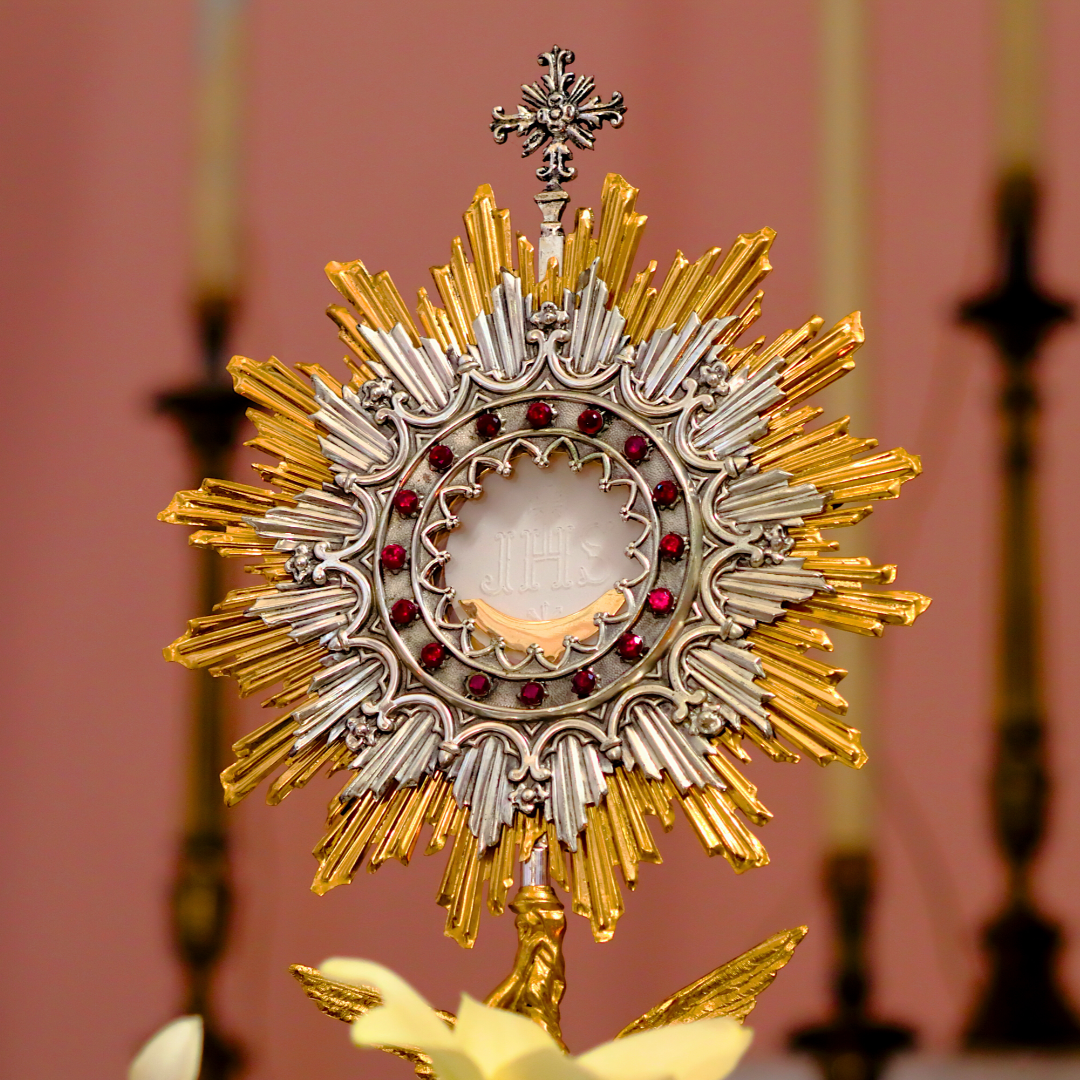
Monika Korzec examines the process of discernment and its role in our spiritual lives.
Discernment is a nuanced process of decision-making deeply embedded in theological and philosophical principles. It addresses questions such as: Why am I here? What is God saying to me at this moment? How do I know that it is God speaking? The discernment process involves seeking God's guidance to make decisions which align with his will and purpose for one's life. For a Catholic, discernment is a spiritual undertaking that involves both faith and reason, which draws from theological traditions and philosophical principles as one tries to navigate the complexities of life.
At the heart of Catholic theology is the belief in a loving God who transcends all reality and who actively engages with His Creation, especially with human beings, who are the crown of Creation in our known world. The depth of God’s love and His engagement with humankind shines in this passage:
For God so loved the world that he gave his only Son, so that everyone who believes in him might not perish but might have eternal life. (John 3:16)
The process of discernment begins with recognizing God's loving presence, which is followed by the desire to discern what is his will for a particular person. Catholics believe that God has a unique plan for each individual, and discernment is a means to discover and live out this plan. However, the path to this discovery is not linear and simple, and it often involves countless little discernments of various meanings along the way.
Seeking God’s will is a daily task. In the Gospels, Jesus often emphasized the importance of seeking God's will and making choices that reflect God's love and compassion. It is strongly reflected in the Our Father prayer that Jesus taught us:
“Your kingdom come, your will be done, on earth as in heaven.” (Matthew 6:10)
This leads to the fact that seeking God’s will leads to acts of love and compassion:
Beloved, let us love one another, because love is of God; everyone who loves is begotten by God and knows God. (1 John 4:7)

Our ongoing discernment is strongly rooted in the sacraments. The Eucharist and the Sacrament of Reconciliation play a vital role as they are the two sacraments that allow for the constant growth of a personal relationship with Jesus. The Eucharist, as the source and summit of the Christian life, offers spiritual nourishment and communion with God, aiding individuals in their discernment journey. The Sacrament of Reconciliation provides an opportunity for self-reflection and reconciliation with God, helping a person to discern their path with a clear conscience. This theological aspect provides a spiritual foundation and an openness to the Holy Spirit's guidance.
In addition, discernment also incorporates philosophical principles, particularly those related to ethics and moral decision-making. Catholic philosophy, influenced by thinkers like St. Thomas Aquinas, emphasizes the importance of reason and conscience in moral choices. Philosophical approaches encourage critical thinking and ethical reflection, ensuring that one’s choices align with amoral teachings. Therefore, the role of conscience as a guide in discernment is another crucial aspect, as it helps in the decision-making process. Decisions that are sound in judgment flow from the cardinal virtue of prudence; proper knowledge and cultivation of this virtue can help to navigate the various steps of discernment.
These theological and philosophical dimensions empower a person to make decisions with a clear conscience while introducing rationality and ethical considerations into the discernment process. Both encourage a thoughtful examination of choices, considering their moral implications and consequences that flow from them for oneself and others.
The theology and philosophy of discernment form a dynamic and comprehensive approach to decision-making that involves a deep trust in God's providence, a commitment to moral integrity, and a reliance on reason and conscience.
Click to tweet:
Our ongoing discernment is strongly rooted in the sacraments. #CatholicMom
Good discernment always begins with a good prayer life. Regular and maintained prayer life is essential. Through prayer, individuals should seek God's guidance, wisdom, and clarity about their roles and responsibilities in their families and different communities. Practices such as the Ignatian Examen, Lectio Divina, or Eucharistic Adoration are often used to facilitate deep, reflective prayer for individuals and for the community.
Flowing from a good prayer life is the incorporation of guidance from experienced spiritual directors or mentors. These individuals, with the guidance of the Holy Spirit, provide a supportive and often comprehensive perspective, helping to discern God's will in specific situations. Spiritual directors help to foster a sense of accountability and provide a safe space for individuals to discuss their challenges, aspirations, and the spiritual aspects of many experiences.
Retreats offer the opportunity to step away from the busyness of daily life so one can focus on discerning God's call. Retreats often include guided meditations, scripture reflections, and group discussions that facilitate a deeper understanding of what is being discerned.
The Ignatian Examen brings together reflection, prayer, and decision-making steps that have the potential to produce a well-balanced outcome of discernment as the examen encourages participants to review their day with a focus on God's presence in all daily events.
Discernment is a lifelong process and anyone who wishes to discern well should be involved in ongoing spiritual formation.

Copyright 2024 Monika Korzec
Images: Canva
About the Author

Monika Korzec
Monika Korzec is a wife and a mother of three children and works as a Pastoral Minister at a Catholic family of parishes in London, Ontario. She also manages a ContemplativeRetreat.com website. Her deep interest in spiritual formation put her on a path of exploring the mysticism of parenthood through her studies in the Doctor of Ministry degree programme.


.png?width=1806&height=731&name=CatholicMom_hcfm_logo1_pos_871c_2728c%20(002).png)
Comments